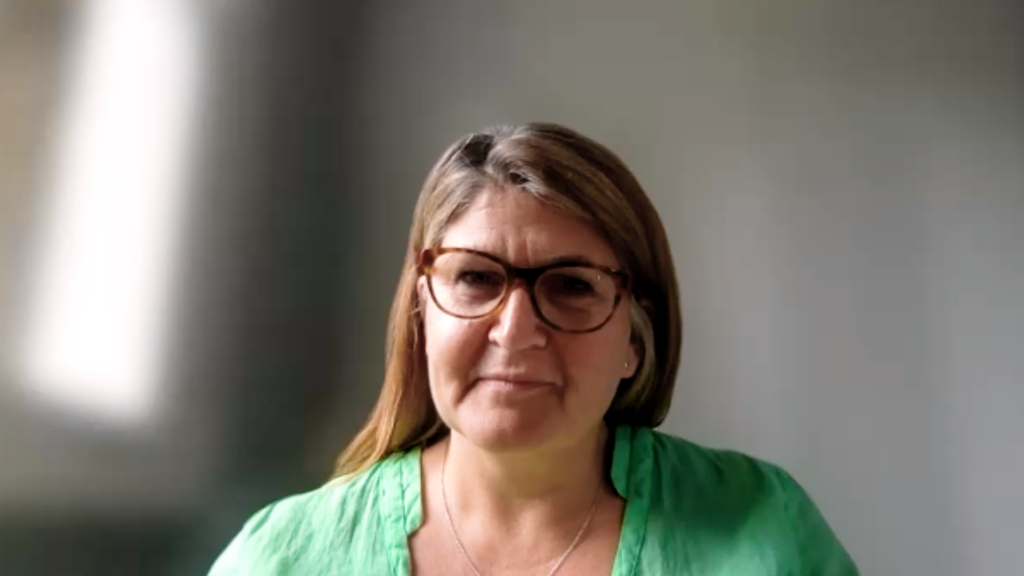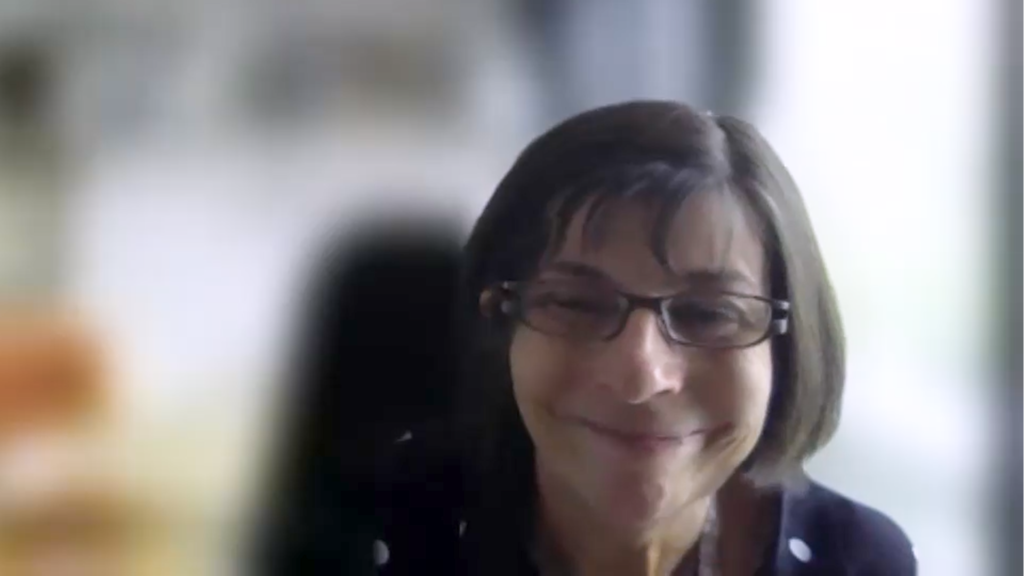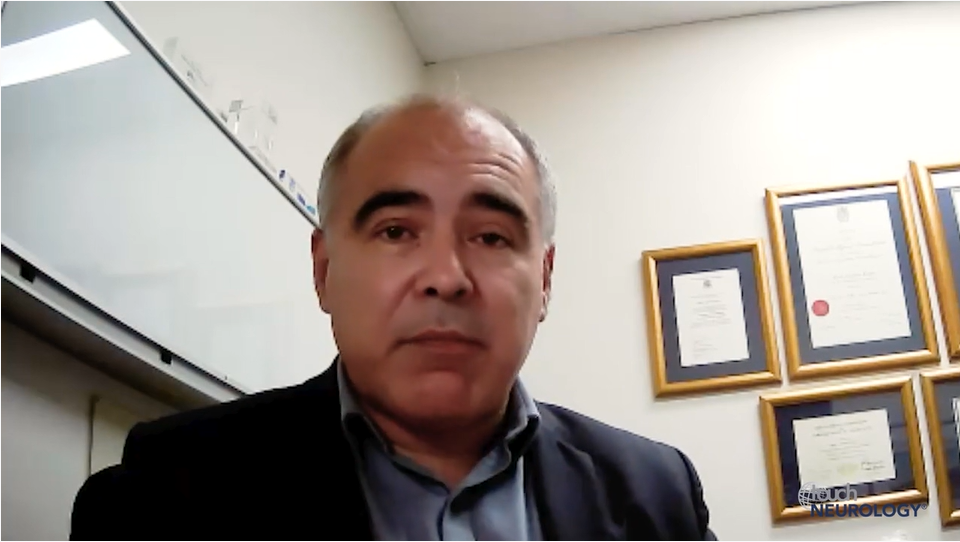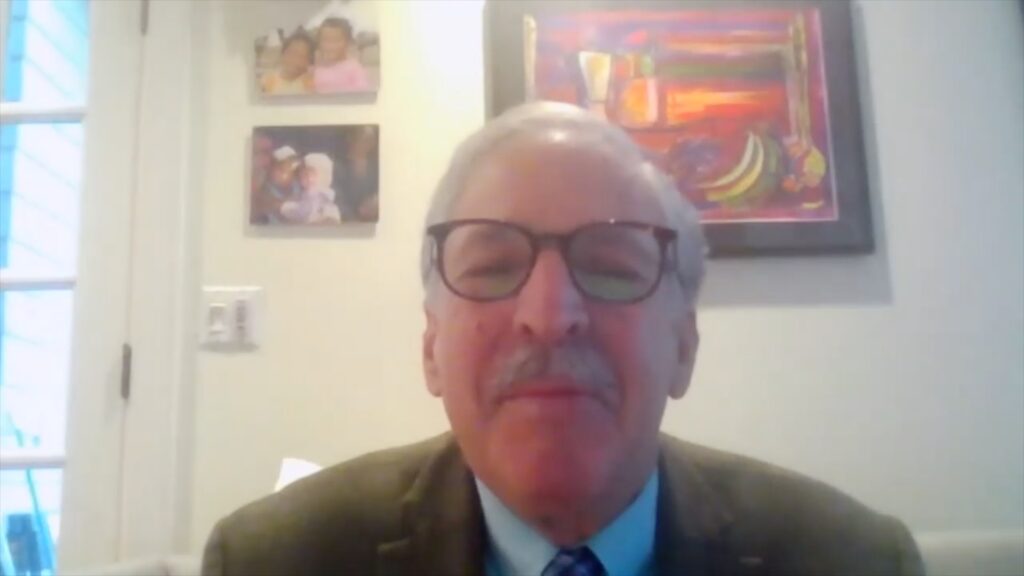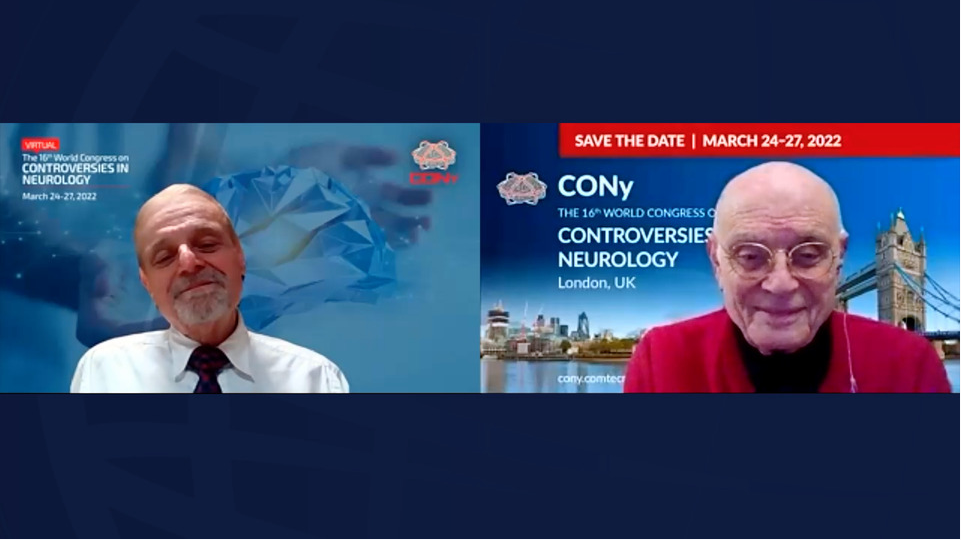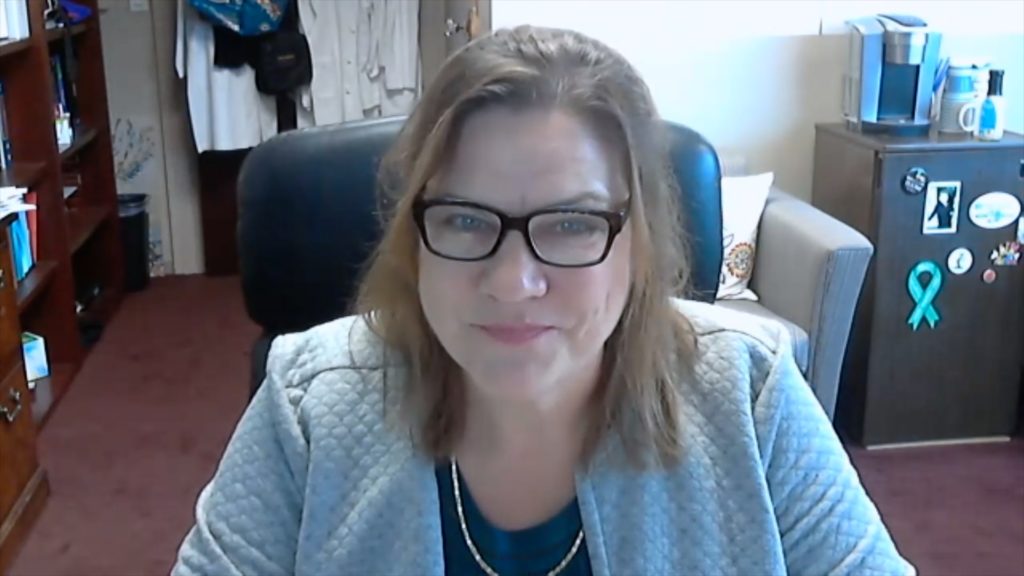We’re excited to launch a new series of expert Q&As with our editorial board, highlighting their career milestones, top advice, and future insights in their specialties.
In this first interview we are honoured to welcome Prof. Ruben I Kuzniecky, MD, an internationally recognized leader in epilepsy, epilepsy surgery and neuroimaging. Prof. Kuzniecky has made significant contributions to the field, including pioneering the identification of mesial temporal sclerosis using MRI. With a career spanning decades, he has authored over 300 peer-reviewed publications and holds multiple patents. Currently serving as the Vice Chair of Academic Affairs at Northwell Health, Prof. Kuzniecky joins us to discuss his remarkable career, offer guidance to early career neurologists, and share his vision for the future of epilepsy research and treatment.
 What motivated or inspired you to specialise in epilepsy?
What motivated or inspired you to specialise in epilepsy?
When I was in medical school, my father gave me a book written by a journalist about how the brain works. In many ways this book really inspired me to devote my career to neurology. I had the privilege of training at the Montreal neurological institute which was one of the leading centres in epilepsy care in the 20th century. Once I started my neurology residency, I had the fortune of rotating with the late Dr Fred Anderman, one of the leading epileptologists at the time. From the first day, he became my teacher and mentor and epilepsy became my passion.
Do you have any advice for early career neurologists?
My advice to young neurologists is to focus from the beginning of their career within a sub specialty and within that subset specialty to focus in one specific area where they can make a difference by advancing knowledge in patient care. My advice is also to understand that experience will teach you a lot if you’re willing to learn.
What is your prediction for where your subspecialty will be 10 years from now?
I believe that there will be major shifts in the epilepsy field in the next 10 years. Those shifts will primarily impact objective biometrics of disease burden, genetic guided treatments with anticonvulsants or modifying compounds and targeted surgeries to epileptic nodes.
Disclosures: No funding was received in the publication of this short article.
Looking for more content on epilepsy? Why not take a look at some of our recent articles publishing in touchREVIEWS in Neurology:
Exploring Cellular Mechanisms and Restorative Cell-based Therapeutics for Epilepsy
Acute Management of Seizure Clusters and Prolonged Seizures: A Review of Rescue Therapies



